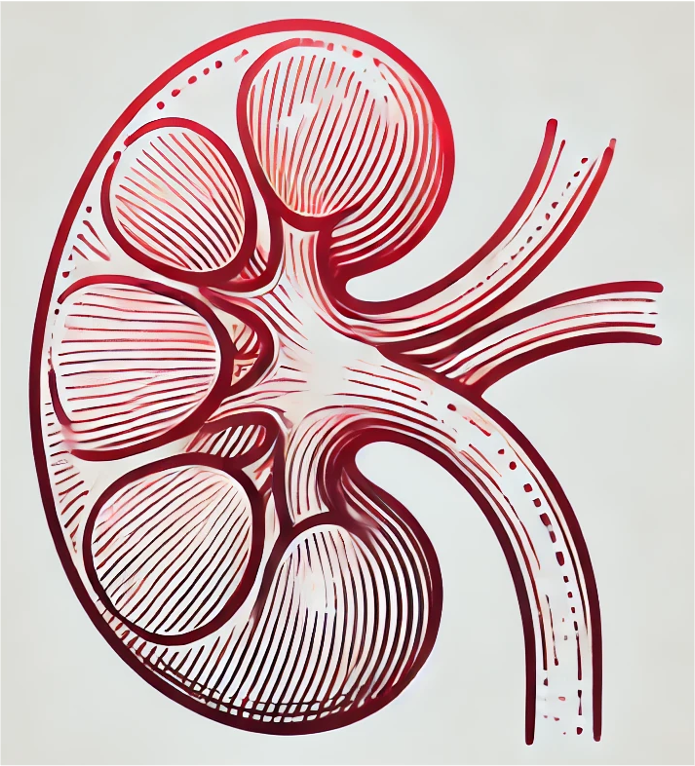Description
Background: Cisplatin-induced acute kidney injury (CAKI) has been recognized as one of the most serious side effects of cisplatin. Pregnane X receptor (PXR) is a ligand-dependent nuclear receptor and serves as a master regulator of xenobiotic detoxification. Increasing evidence also suggests PXR has many nonxenobiotic functions including the regulation of cell proliferation, inflammatory response and glucose and lipid metabolism.; Methods: In this study, we aimed to investigate the role of PXR in cisplatin-induced nephrotoxicity. CAKI model was performed in wild-type or PXR knockout mice. Pregnenolone 16-carbonitrile (PCN), a mouse PXR specific agonist, was used for PXR activation. The renal function, biochemical, histopathological and molecular alterations were examined in mouse blood, urine or renal tissues. Whole transcriptome analysis was performed by RNA sequencing. Dual-luciferase reporter and chromatin immunoprecipitation (ChIP) assays were applied to determine the regulation of PXR on its target genes.; Results: We found that PXR activation significantly attenuated CAKI as reflected by improved renal function, reduced renal tubular apoptosis, ameliorated oxidative and endoplasmic reticulum stress, and suppressed inflammatory factor expression. RNA sequencing analysis revealed that the renoprotective effect of PXR was associated with multiple crucial signaling pathways. In particular, PXR protected against cisplatin-induced AKI by the activation of PI3K/AKT pathway and the induction of multidrug and toxin extrusion 1 (MATE1), an important transporter mediating cellular excretion of cisplatin, in the kidney.; Conclusions: Our results demonstrate that PXR activation can preserve renal function in cisplatin-induced AKI and suggest a possibility of PXR as a novel therapeutic target for cisplatin-induced nephrotoxicity.
Overall Design
Renal mRNA profiles of 8-week old wild type (WT) treated with or without cisplatin and/or PCN were generated by deep sequencing, in triplicate, using Illumina platform.
Curator
xm_li
